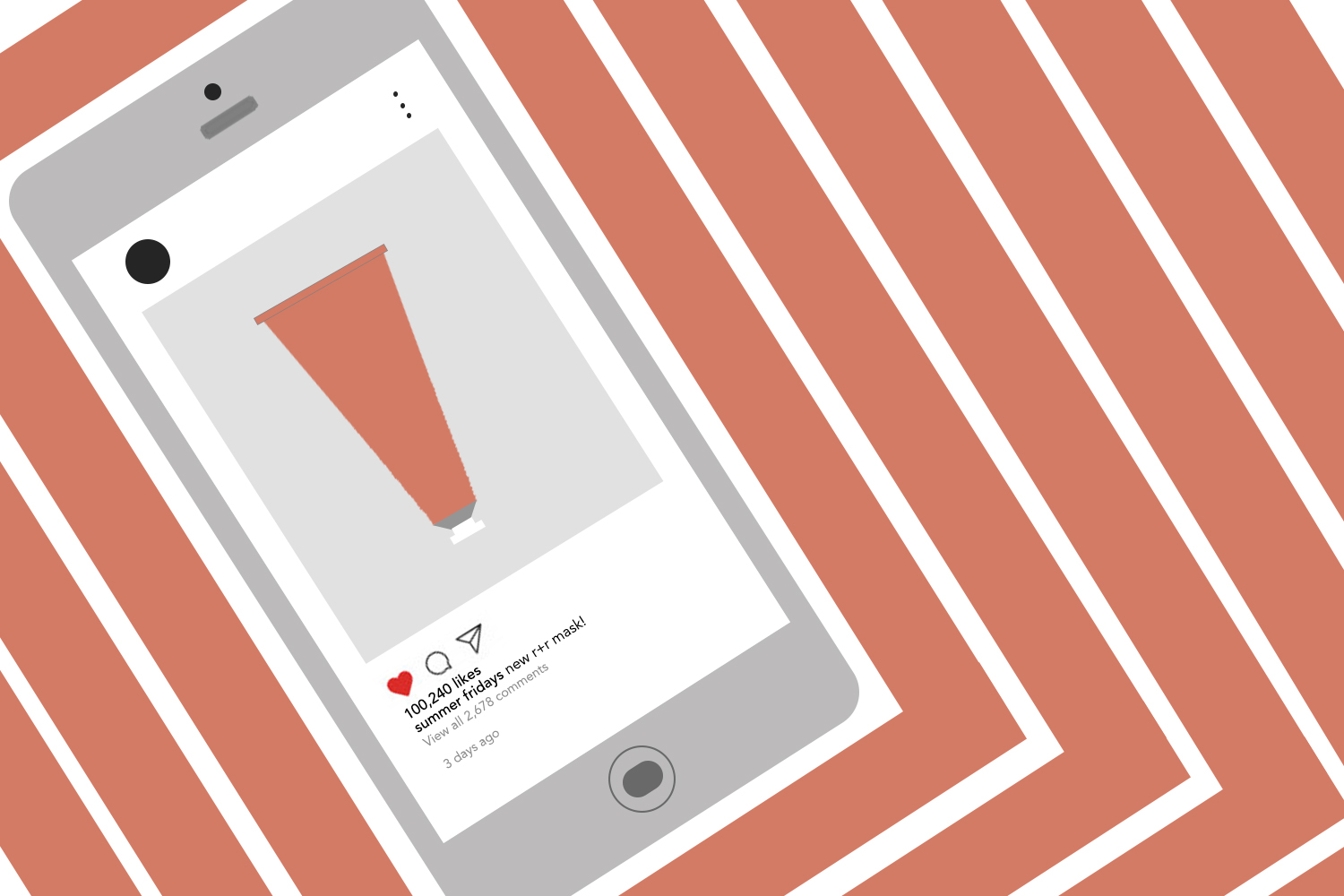The internet has taken the beauty industry to new heights. I’m not sure about you, but beforehand all my beauty tips came from backstage makeup sessions with my dance team. Now, a scroll through Instagram and a view on YouTube allows people to learn a multitude of beauty looks, explore new products, find endless inspiration.
The individuals who earn a living posting such content are dubbed influencers. Accurately so because of their ability to add exposure to a product and influence others to purchase it. Recently, however, these influencers have embarked on a new journey—launching their own personal beauty brands in hopes their millions of followers will support them.
It’s a questionable practice. What does a beauty junkie know about the chemistry of beauty products? About building a brand? About functional packaging? From a glance, not much. They also lack the long-standing history, credibility and knowledge of large beauty corporations such as Estée Lauder and L’Oréal Paris.
But maybe that’s also the point. The launch of these new brands is quite fitting for the digital age. According to data in Forbes, 92 percent of customers trust an influencer over traditional advertisements or celebrity endorsements. Influencers add a sense of authenticity as well as relatability to consumers. An influencer’s most dedicated followers have witnessed their life’s biggest moments and connect to the personal story that’s being told. People like to think influencers are “just like us,” that our favorite beauty blogger launching a brand means starting our own beauty line is not so far out of reach.
“My dad is a beekeeper and my mom was a hairdresser and she always experimented with my dad’s honey,” said popular influencer Negin Mirsalehi when explaining the concept behind her honey-based hair care line Gisou and her upbringing.
Although influencer knowledge of beauty chemistry may be limited, they bring a different perspective when working with their teams. An established influencer has tried every product on the market, they know what people want in a product and what they don’t. They know which products they wish they had and which ones are almost perfect. They also know what their followers want, serving as their own personal focus group. After not being able to find the perfect fake lashes, Huda Kattan, a blogger with 32.2 million followers, launched Huda Beauty. When it comes to formulating their own products a smart influencer brand keeps this knowledge close, and when launch time approaches they have a large audience ready and waiting to purchase.
The online audience is key when creating new brands and compensates for the lack of experience in building a traditional brand. “I mean we have not spent any marketing dollars, and we were able to become a number one selling skincare brand,” Summer Friday’s co-founder and influencer Lauren Gores Ireland said in an interview with CBS. The brand was able to accomplish such a feat because of its Instagram-worthy packaging and dense influencer network.
In the digital age, if a beauty product is photogenic it becomes a part of a flatlay or selfie posted online, leading to user-generated content and awareness. This method, when placed in the hands of influencers with significant followings, allows news of brands like Summer Friday’s to spread rapidly with little to no marketing budget. In the consumer’s hands, these postings build community.
Influencer brands are where the beauty world is going and in my opinion, it’s not a bad thing. I for one enjoy influencers filling gaps in the industry and redefining what it means to be a beauty brand in the modern age. They are taking the time to learn what they don’t know, building female-led teams and creating amazing products with purpose. So why not drop a beauty brand, their millions of followers are standing by eager to purchase. It shows us all what we’re capable of.
Written By Hannah Harris
Graphic By Hannah Harris

